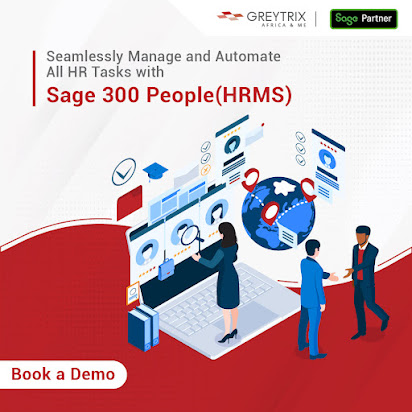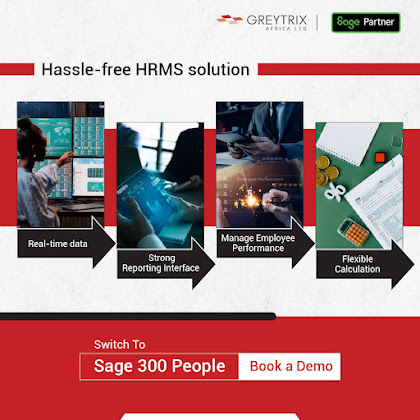The Role of Cloud ERP in Modern Business

In today's fast-paced and ever-evolving business landscape, staying competitive and efficient is crucial. Traditional on-premises Enterprise Resource Planning (ERP) systems, which were once the gold standard for managing various aspects of a company's operations, are now facing stiff competition from their cloud-based counterparts. Cloud ERP systems have emerged as a game-changer, providing businesses with flexible and scalable solutions to meet their evolving needs. In this blog, we will explore the significant role that Cloud ERP plays in modern business and why it has become an essential tool for success. Accessibility and Flexibility: One of the primary advantages of Cloud ERP is its accessibility. Modern businesses are no longer confined to the traditional office setup. With the rise of remote work and global operations, having a system that can be accessed from anywhere with an internet connection is crucial. Cloud ERP allows employees to access data and applications on v...








